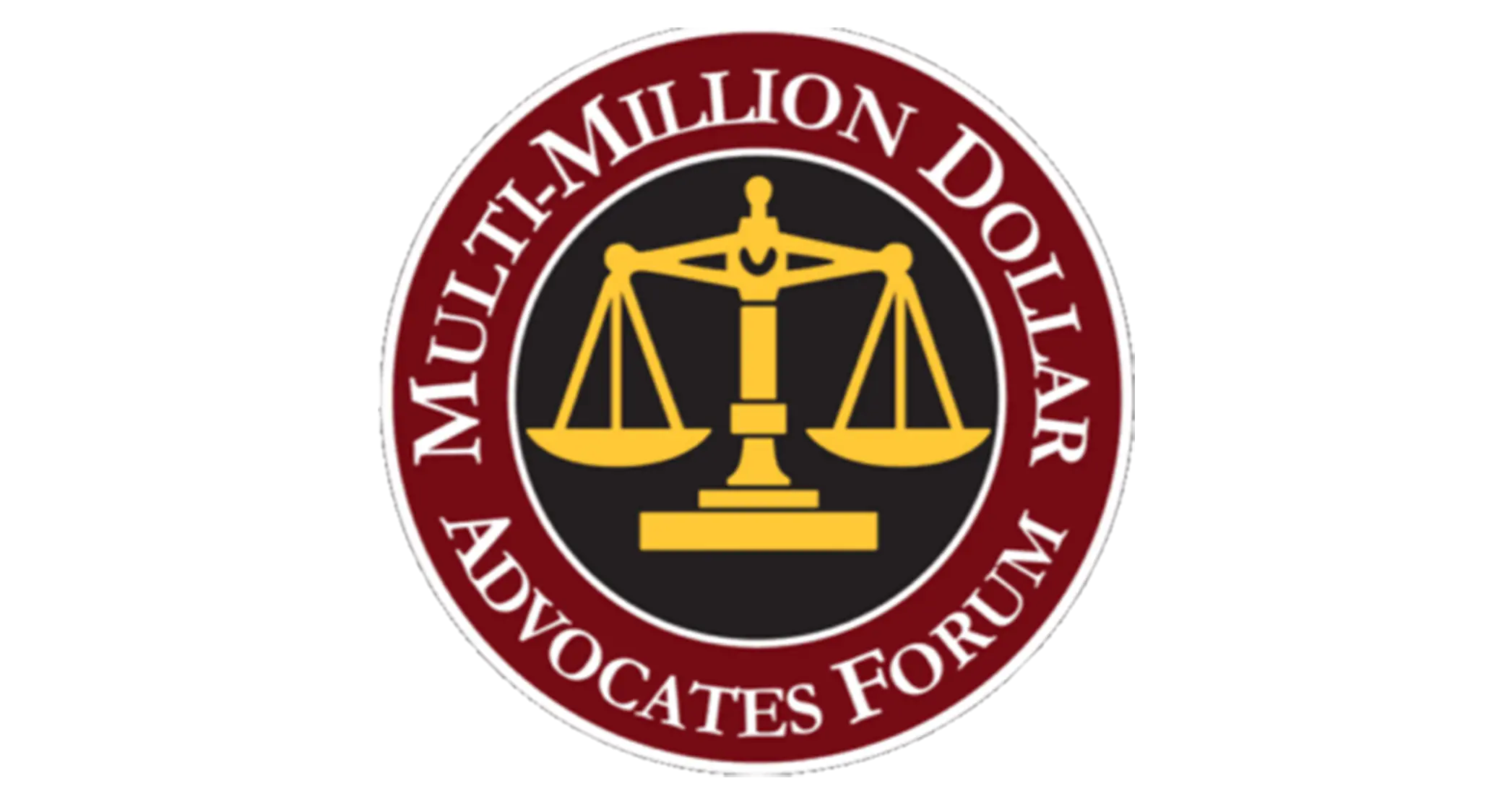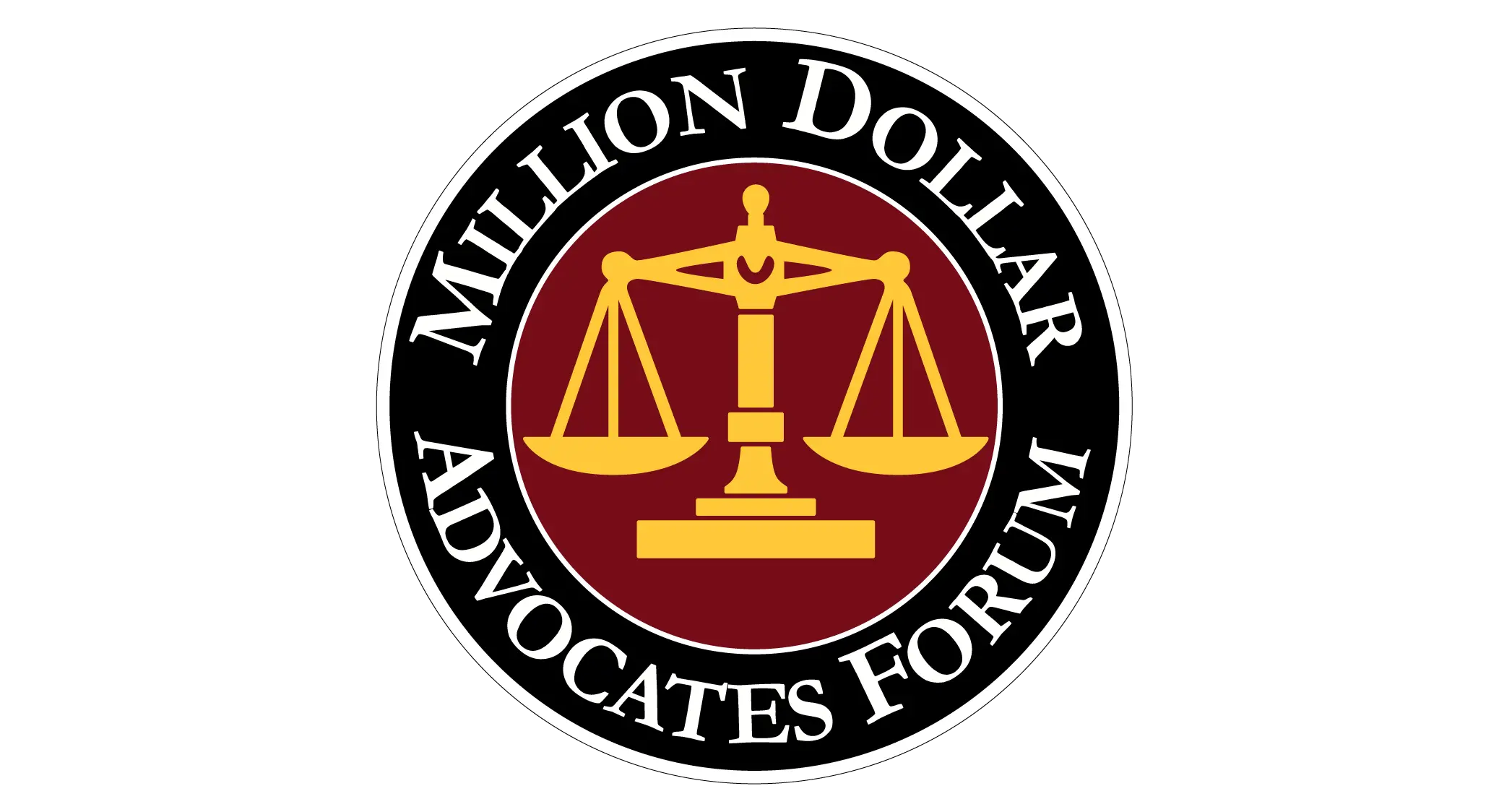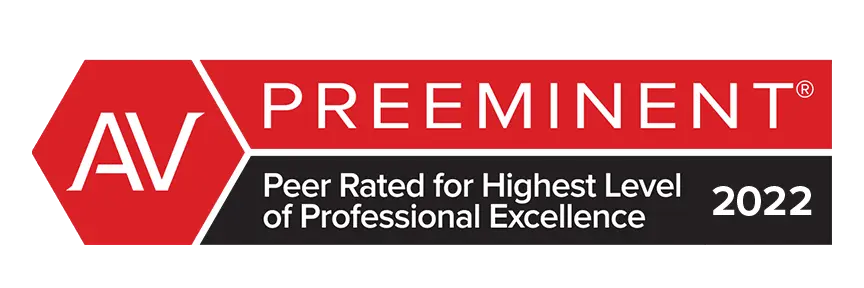Riding a motorcycle comes with a heightened degree of risk: unlike occupants of cars, motorcycle riders have no physical barrier between themselves and other vehicles. That’s one reason why, in 2013, the fatality rate for motorcyclists was six times higher than the fatality rate for people in passenger cars. The risk of a serious or fatal crash is even higher when any part of a motorcycle is defective.
Motorcycle wheel defects, faulty brakes, engine failures – any one of these problems could cause a crash. Manufacturers have recalled numerous motorcycles over the years to repair or replace problem parts, but recall notices may not reach owners of resold motorcycles, especially if the bike has changed ownership more than once.
Off-Road Motorcycle Defects
In January 2016, KTM North America recalled about 3,700 of its KTM/Husqvarna off-road motocross cycles for a defect in the front wheel spoke assembly. At the time, KTM had received two reports of wheel spoke failure, causing one shoulder injury and three broken ribs.
The sport of motocross involves high speed, sharp curves, and obstacles such as manmade earthen ramps for high jumps. Riders need a considerable amount of skill to maneuver through these courses, and one would assume that off-road competition bikes would be manufactured with great attention to detail. Yet, the KTM/Husqvarna recall is one of many that involve potentially dangerous motocross defects.
In 2014, Yamaha recalled about 1,300 of its off-road competition motorcycles to repair a defective drive train that can detach while in motion and cause a crash. And in 2012, Baja Motorsports reissued its 2011 recall of about 4,300 bikes for a fuel tank defect that could cause fuel to leak, catch fire, and burn riders. The defect caused at least 16 fires and injured at least two people.
Road Bike Defects
In 2015, Harley Davidson recalled more than 185,000 motorcycles because of defective mounting hardware that could result in saddlebags’ falling off while driving, increasing the risk of a crash. On the highway or in heavy traffic, when any vehicle loses a part while driving, other drivers on the road could be in danger. For example, numerous news stories have reported tires’ separating from vehicles and crashing through the windshields of cars behind them.
Sometimes, improper maintenance may be to blame when a motorcycle experiences sudden equipment failure. In one case, a man who had just had a dealership perform maintenance on his motorcycle and install new tires was driving home when the front tire became unstable and fell off. The man flipped over the front of the motorcycle and suffered a broken spine, pelvis, and other injuries that caused him to miss six months of work.
Mechanics may be found liable if they are negligent in their work and their negligence causes a serious crash. Installing the wrong part, failing to properly reassemble a motorcycle component after repairs or maintenance, or skipping safety protocol could all be grounds for a court’s finding a mechanic negligent.
If you were injured in a motorcycle crash and believe faulty maintenance or a mechanic’s negligence is to blame, you might be able to pursue a personal injury claim against the mechanic or dealership.
Protecting Yourself
A single motorcycle may contain parts manufactured by multiple companies, and those individual parts are the cause of many product recalls. To ensure you’re aware of any recalls related to your motorcycle, check the SaferCar.gov website regularly. There, you can use your vehicle identification to look up recalls that apply to your motorcycle, as well as its components.
Dealerships offer motorcyclists a few advantages: They will be aware of any recall pertaining to your vehicle, and they will have better overall insurance than an independent mechanic. So if a defect should occur because of a dealership mechanic’s errors, and you’re injured in an accident, you may be better able to secure appropriate compensation.
If a defective motorcycle part is to blame for your injuries, don’t wait to get help. Request your no-obligation consultation today by filling out our online form or calling us at 803-592-6231.






